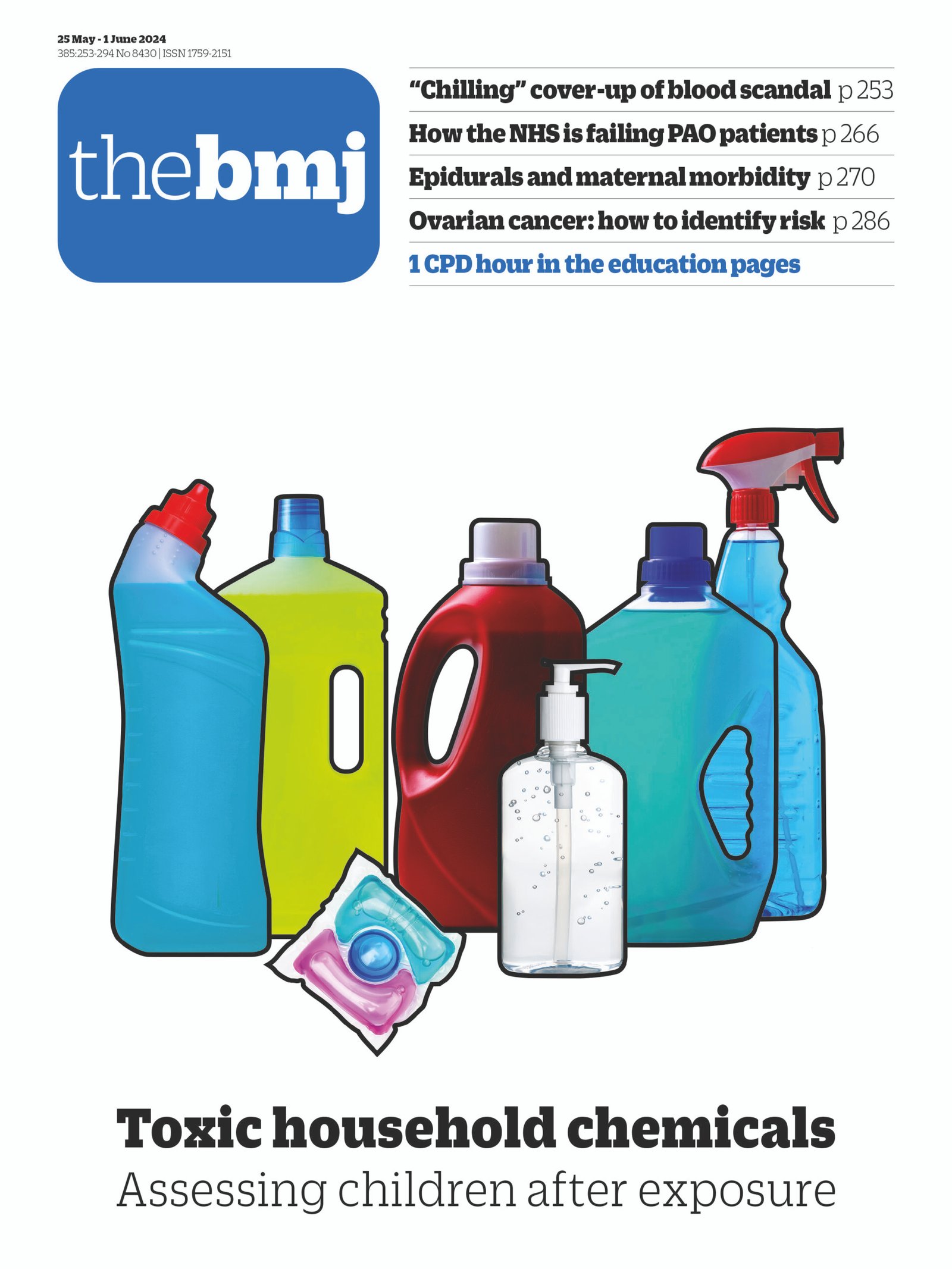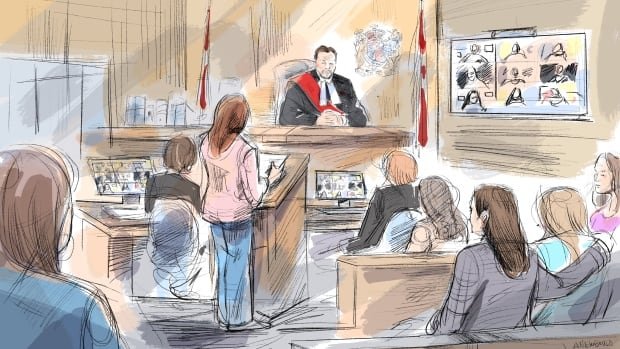A few weeks ago, we gave evidence to an international inquiry convened by the UN Special Rapporteurs on the right to housing and on extreme poverty and human rights. The UN Special Rapporteurs were gathering evidence on a worrying global trend of governments using laws and criminal sanctions to punish people for being victims of social problems.1
We were ashamed to tell them about proposals recently before the UK Parliament2 to criminalise rough sleeping, begging, and other activities (sleeping in doorways, for example) that desperate people on the street find themselves forced into. The Criminal Justice Bill was debated in UK Parliament on 15 May 2024, and although some amendments were made to water down the proposals, according to the charity Crisis UK the “premise remains the same” and people sleeping rough will still be at risk of fines and prison.3 The announcement of a snap general election means that the provisions in the bill may now be lost or delayed until a new government is in place which provides an opportunity to consider the harm some of these measures could cause.

Having somewhere to live—a home—is the foundation for human health. A large scale review published in 2017 showed just how harmful the absence of a safe, secure home is. Standardised Mortality Ratios were between eight and 12 times higher for people experiencing homelessness compared to the general population. Risks for some individual diseases were 20 or 40 times higher.4 As well as carrying extreme risks to physical health, becoming homeless is also profoundly psychologically harmful, making it brutally clear just how little your society values you. Most recently Pathway’s 2024 “Barometer of Homeless and Inclusion Health” found frontline NHS staff were reporting that homeless patients’ severity of health needs are increasing. Finding any appropriate care and support for homeless patients approaching the NHS has become ever more challenging.5
In 2022 the UK parliament voted to repeal the 1824 Vagrancy Act. Under the 1824 Act, people in England and Wales could be moved on or fined up to £1,000 if they were found to be sleeping rough or begging. The government had previously promised to replace these laws. In 2021, the then prime minister Boris Johnson declared that no-one “should be criminalised simply for having nowhere to live.”6 Shortly after, Michael Gove, minister for the Department for Levelling Up, Housing and Communities stated that the Vagrancy Act “has to go.”7 And yet the proposals in the Criminal Justice Bill were even harsher than the Georgian-era Act, with higher fines alongside the threat of prison. Moreover, the 1824 Act has continued to apply in the absence of new legislation,8 with over 1,000 people arrested for rough sleeping between 2021 and 2023.9
The government claimed that the measures are needed because people feel unsafe when confronted by rough sleeping or begging; and that business, local authorities, and police forces are supportive of the measures, Yet the bill’s related consultation and impact assessment reveal little evidence, or stakeholder demand, for the proposals—and the consultation did not even include measures for tackling rough sleeping. The government has claimed that the new measures are an improvement on the Vagrancy Act as they are accompanied with an instruction for local authorities to issue advice on where to seek support. This instruction or offer of support, however, is nowhere on the face of the bill and there is no funding attached to the bill.
Criminalising people forced to sleep on the streets is a perverse policy. There is no evidence that policies that criminalise already destitute people do anything but harm. Imprisoning or fining destitute people forced to sleep on the street will only increase psychological distress and physical harms experienced by this most vulnerable group.10 The additional stigma of a criminal record makes rehabilitation and recovery from homelessness even harder . As Hiam et al commented in The BMJ recently, here is another area where “the NHS must 1716571208 pick up the pieces of failure across Government.”11
In its 2019 manifesto, the present UK government pledged to end rough sleeping by the end of the next parliament.12 However, the numbers of people sleeping rough have increased. In London, they have reached record levels. Between October and December 2023, 4,389 people were seen sleeping on its streets. More widely, it is estimated that more than 242 000 households are experiencing the worst forms of homelessness in England, including sofa surfing, temporary accommodation, and rough sleeping.13
Rather than passing laws designed to punish and stigmatise already vulnerable people, any future government should be acting on the wider determinants of health. The first thing it must do is tackle the housing crisis by reforming the housing market and building more homes for social rent. The Finnish approach of “Housing First” is a model which should be encouraged in the UK.14 The problem of the homeless is being without a home. Self-build projects tackle the need for a home and offer homeless people on the job training and skills in construction, helping housing, employment, and economic need.15 Investment is needed for specialised supported housing for people with complex care needs.16 The NHS needs to be funded to implement NICE guideline 21417 in line with NHS England’s “Framework for Action on Inclusion Health.”18 The criminal justice system needs a fundamental overhaul, to deal fairly and sensitively with homeless and vulnerable people and have alternatives to imprisonment available.19
What can we all do locally? Hospitals should commit locally to work with partners to ensure that no-one’s hospital stay ends with a discharge to the street, and echoing recent calls for kindness to be at the heart of care,19 as well as supporting charities campaigning against the new legislation. Clinicians can try to ensure they put compassion and humanity at the heart of their response to patients who have nowhere to go.
Footnotes
-
Competing interests: AB is Chief Executive of Pathway, the national homeless and inclusion health charity. Pathway’s National Partnership Programme supports specialist homelessness teams in nine NHS Trusts. He is also a Trustee of the charity The Staff College: Leadership in Healthcare. He has been Chair of the equality campaign group, My Fair London for some years. JM is Honorary Professor of Public Health, University of Wolverhampton; Visiting Professor of Public Health, Chester University; Past President, United Kingdom Faculty of Public Health (UKFPH); Immediate Past President, Association of Schools of Public Health in the European Region (ASPHER); and Vice President, Global Network for Academic Public Health (GNAPH). He is an elected, unpaid official of GNAPH, and formerly an elected, unpaid official of the UK FPH and the ASPHER.









